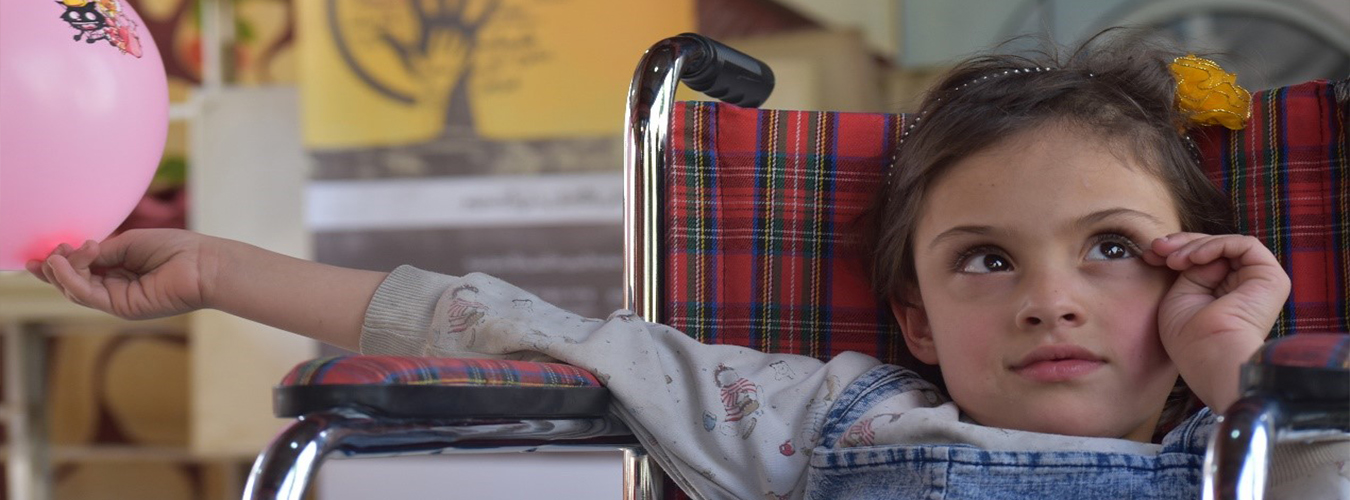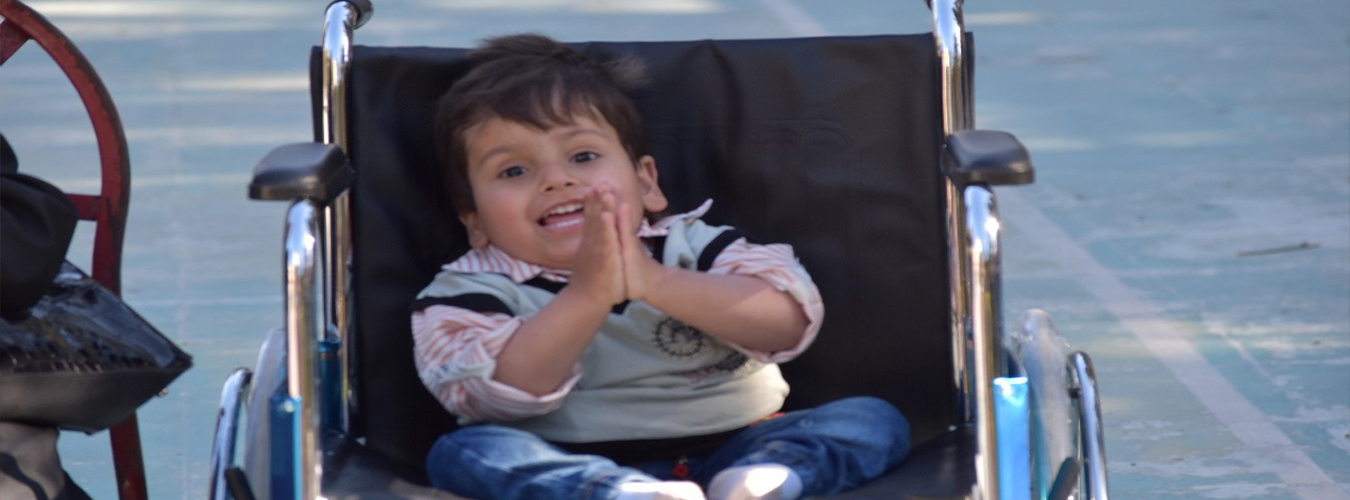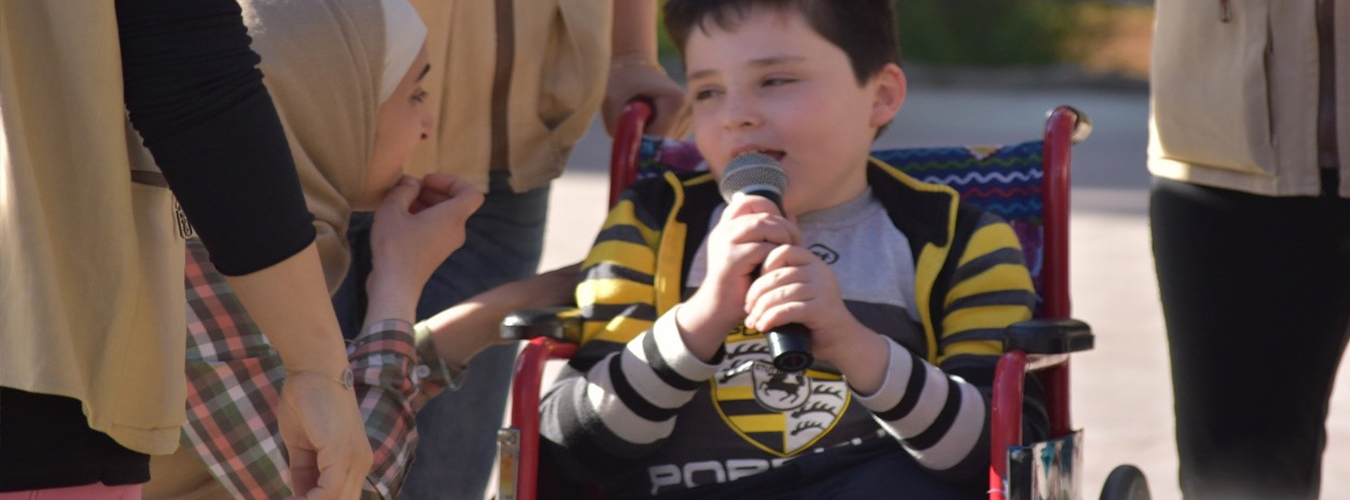The ongoing conflict, the deterioration of the humanitarian situation and the consequent changes in the population configuration are increasingly burdensome for individuals, families and communities. Protection needs become a priority, especially those of PwSN. This puts the resilience of communities to the test because of the disruption of livelihoods and increased psychological suffering, which gives rise to the adoption of harmful coping mechanisms.
The In-kind Assistance Program aims at providing urgently needed basic materials and equipment, not available to displaced and physically affected host communities. The main objective of the program is to reduce the risks faced by persons, especially women heads of household, persons with disabilities, the elderly without care, and large families.
In response to the needs of children in IDP communities, in-kind assistance is also provided to identified cases of UASC and their caregivers based on their needs. Assistance includes clothes, hygiene items, toys, school kits, winterization, and other items that might occur depending on the situation and the needs.
As part of SSSD’s humanitarian response plan, SSSD, in cooperation with the UNHCR, offered during 2017 medical assistance to 5,418 people and in-kind assistance to 5,984 people. Both assistance programs, medical and general (non-medical), target vulnerable categories of the population, like IDPs, PwSN, refugees and the crisis-affected local community within the governorates where SSSD happens to intervene: Damascus and Rural Damascus, Aleppo, Homs, Hama, Hasakeh, Tartous and Sweida.
Medical assistance varied depending on the health situation of each beneficiary and included: wheelchairs, crutches of all kinds, blood pressure monitors, blood glucose meters, etc. In-kind assistance included general items as needed by beneficiaries, such as: heaters, fans, gas stoves with butane cylinder, wooden cupboards, etc.
Assistance has had a significant impact on the beneficiaries and their situation, as it contributes to reducing their financial burden.



